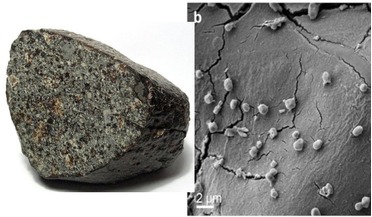 09 December 2019
Metal-loving microbe prefers eating meteorites than earth rocks
09 December 2019
Metal-loving microbe prefers eating meteorites than earth rocks
... micron in diameter with hair-like structures protruding from its surface. M. sedula is a type of Archaean which is a type of prokaryote and on Earth, they literally get almost everywhere; some varieties can be found living in the stomachs of humans...
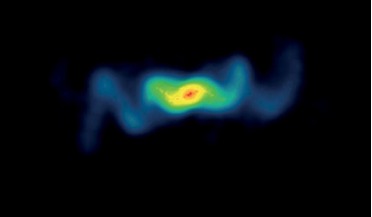 October 2015
From post-humanity to fractals: is human space exploration doomed?
October 2015
From post-humanity to fractals: is human space exploration doomed?
.... Perhaps a different organic species will replace humans. That may not happen, just like it didn’t happen to prokaryotic organisms. These single-celled organisms didn’t disappear when eukaryotic organisms appeared on Earth. Something similar could...
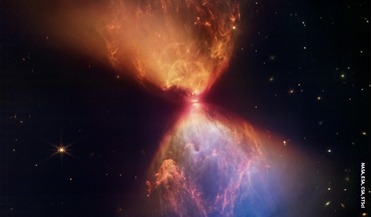 January 2023
Is human space exploration DOOMED?
January 2023
Is human space exploration DOOMED?
.... Perhaps a different organic species will replace humans. That may not happen, just like it didn’t happen to prokaryotic organisms. These single-celled organisms didn’t disappear when eukaryotic organisms appeared on Earth. Something similar could...
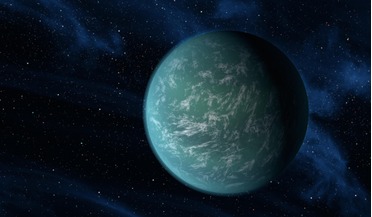 04 May 2020
Exoplanets with hydrogen-rich atmospheres could harbour life
04 May 2020
Exoplanets with hydrogen-rich atmospheres could harbour life
... of which include eukaryotes. Eukaryotes are organisms whose cells have a nucleus enclosed within membranes, like yeast. Prokaryotes on the other hand, like escherichia coli and other bacteria, have no membrane-bound organelles. The team...
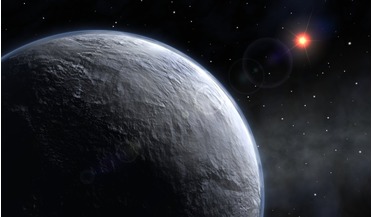 26 November 2021
A closer Moon could have helped the early habitability of our planet
26 November 2021
A closer Moon could have helped the early habitability of our planet
... 3.8 billion years ago, a common ancestor gave rise to two main groups of life; archaea, a group of single-celled prokaryotic organisms, and bacteria. But even at this early stage, for life as we know it to flourish, it needs access to liquid...